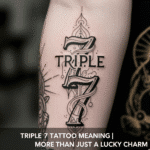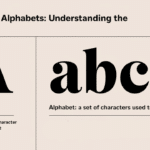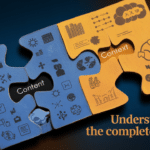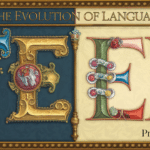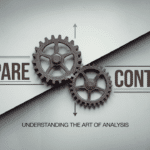In the realm of business communication, the phrase “I look forward to speaking with you” has become a staple.
While it effectively conveys anticipation for future interaction, relying too heavily on this expression can make your messages feel repetitive or impersonal. This article explores creative alternatives to inject freshness into your professional correspondence while maintaining a polite and enthusiastic tone.
The Power of Varied Expression
Effective communication often hinges on our ability to convey ideas in diverse and engaging ways. By expanding our repertoire of phrases, we can make our messages more impactful and memorable. Let’s delve into some alternative expressions that can breathe new life into your formal interactions.

Eagerly Anticipating Our Conversation
When you want to express genuine excitement about an upcoming discussion, consider using the phrase “I’m eagerly anticipating our conversation.” This alternative conveys a sense of enthusiasm that goes beyond mere politeness.
Sarah, a marketing manager, might use this in an email to a potential client: “Thank you for considering our proposal, John. I’m eagerly anticipating our conversation to discuss how we can tailor our services to meet your specific needs.”
You Might Also Like: Preform vs. Perform: Which is the Correct Spelling?
Excited to Exchange Ideas
For situations where you’re looking forward to a collaborative discussion, “I’m excited to exchange ideas with you” can be an excellent choice. This phrase suggests an openness to mutual contribution and shared creativity.
A project leader named Alex could write to a team member: “Your innovative approach to the problem has sparked some intriguing thoughts. I’m excited to exchange ideas with you during our upcoming brainstorming session.”
Keen to Engage in Dialogue
In formal situations where you want to maintain a professional tone while still expressing interest, “I’m keen to engage in dialogue with you” strikes a perfect balance. It suggests an intellectual eagerness without appearing overly casual.
Dr. Emily Chen might use this when reaching out to a colleague: “Your recent publication on quantum computing advancements was fascinating. I’m keen to engage in dialogue with you about potential applications in our field.”
Looking Forward to Our Upcoming Discussion
While similar to the original phrase, “I’m looking forward to our upcoming discussion” adds a touch of specificity by mentioning the nature of the interaction. This can be particularly useful in business communication contexts.
A human resources manager named Michael could write: “Thank you for submitting your application. I’m looking forward to our upcoming discussion about your qualifications and how they align with our company’s vision.”
Here’s a table showcasing various contexts where these expressions might be used:
| Expression | Context | Example Scenario |
|---|---|---|
| Eagerly anticipating our conversation | Client meetings | Preparing for a sales pitch |
| Excited to exchange ideas | Team collaborations | Brainstorming session |
| Keen to engage in dialogue | Academic discussions | Conference follow-up |
| Looking forward to our upcoming discussion | Job interviews | Scheduling with candidates |
| Enthusiastic about our future interaction | Networking events | Post-conference connections |
| Can’t wait to dive into our discussion | Project kickoffs | New team formation |
| Anticipating a fruitful conversation | Business partnerships | Merger discussions |
| Eager to explore our mutual interests | Research collaborations | Cross-disciplinary projects |
| Looking forward to our productive exchange | Performance reviews | Employee feedback sessions |
| Excited about our upcoming dialogue | Mentorship programs | Initial mentor-mentee meeting |
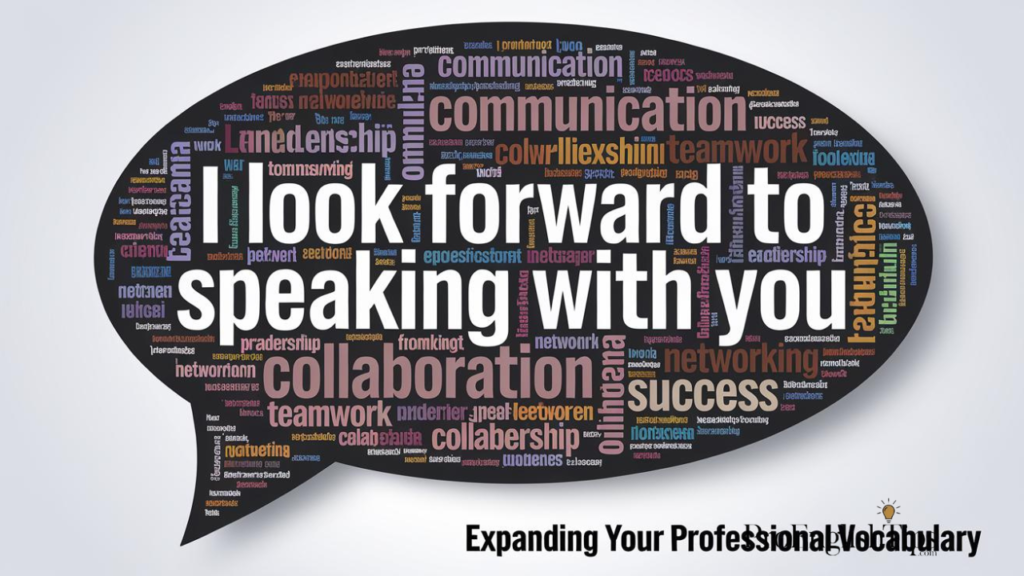
Enthusiastic About Our Future Interaction
For situations where you want to convey both excitement and a forward-looking perspective, “I’m enthusiastic about our future interaction” can be highly effective. This phrase not only expresses eagerness but also implies potential for ongoing collaboration.
James, a business development manager, might use this in a follow-up email after a networking event: “It was a pleasure meeting you at the conference, Lisa. I’m enthusiastic about our future interaction and exploring potential synergies between our companies.”
You Might Also Like: Blank Is to Blank as Blank Is to Blank? (Fully Explained)
Can’t Wait to Dive Into Our Discussion
In less formal settings or when you have an established rapport, “I can’t wait to dive into our discussion” can convey a sense of excitement and readiness. This phrase suggests that you’re not just willing to talk, but eager to engage deeply with the subject matter.
A creative director named Olivia might write to her team: “The client’s feedback has opened up some exciting possibilities. I can’t wait to dive into our discussion and start brainstorming new design concepts.”
Anticipating a Fruitful Conversation
When you want to emphasize the potential value of the upcoming interaction, “I’m anticipating a fruitful conversation” can be an excellent choice. This phrase suggests that you expect the discussion to yield positive results or insights.
Robert, a financial advisor, could use this when scheduling a meeting with a long-term client: “Given the recent market changes, I’m anticipating a fruitful conversation about adjusting your investment strategy to align with your evolving goals.”
Here’s a table comparing the formality levels of these expressions:
| Expression | Formality Level | Best Used In |
|---|---|---|
| Eagerly anticipating our conversation | Moderate | Client communications |
| Excited to exchange ideas | Casual | Team emails |
| Keen to engage in dialogue | High | Academic or executive correspondence |
| Looking forward to our upcoming discussion | Moderate | General business emails |
| Enthusiastic about our future interaction | Moderate | Networking follow-ups |
| Can’t wait to dive into our discussion | Casual | Internal team communications |
| Anticipating a fruitful conversation | Moderate to High | Client or stakeholder emails |
| Eager to explore our mutual interests | Moderate | Partnership discussions |
| Looking forward to our productive exchange | High | Formal business correspondence |
| Excited about our upcoming dialogue | Moderate | General professional emails |
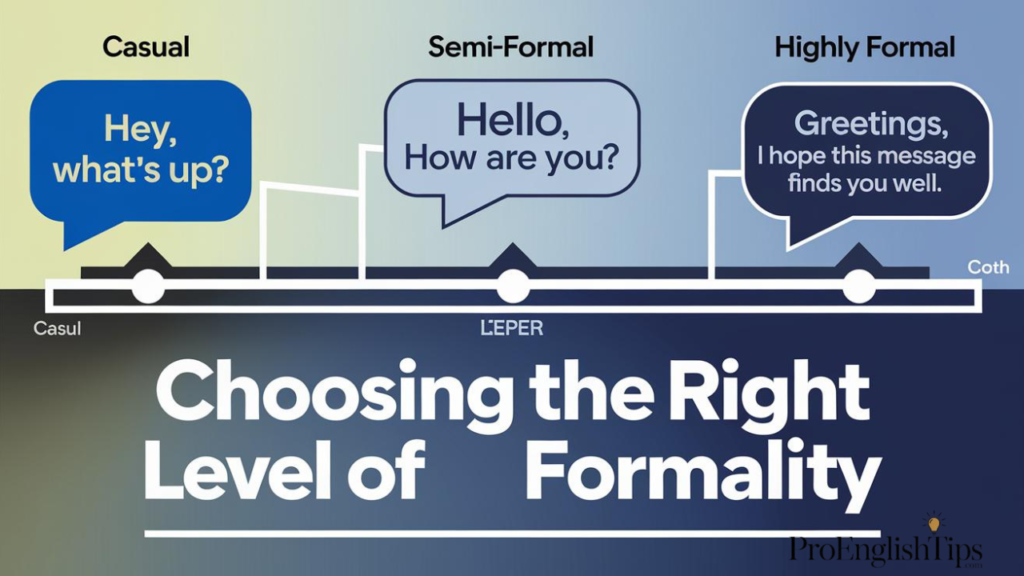
Eager to Explore Our Mutual Interests
When you want to emphasize the shared benefits of the upcoming conversation, “I’m eager to explore our mutual interests” can be particularly effective. This phrase suggests a collaborative approach and a win-win mindset.
A venture capitalist named Rachel might use this when reaching out to a promising startup: “Your innovative approach to sustainable energy aligns well with our investment focus. I’m eager to explore our mutual interests and discuss potential collaboration opportunities.”
You Might Also Like: 18 Other Ways to Say “Don’t threaten Me With A Good Time”
Looking Forward to Our Productive Exchange
In highly professional contexts where you want to emphasize efficiency and results, “I’m looking forward to our productive exchange” can be an excellent choice. This phrase sets the tone for a focused and beneficial interaction.
David, a project manager, could use this when scheduling a meeting with stakeholders: “Thank you for providing your initial requirements. I’m looking forward to our productive exchange to finalize the project scope and timeline.”
Excited About Our Upcoming Dialogue
For situations where you want to convey both enthusiasm and a sense of equality in the conversation, “I’m excited about our upcoming dialogue” can be very effective. This phrase suggests a back-and-forth exchange rather than a one-sided discussion.
Maria, a diversity and inclusion consultant, might write: “Thank you for sharing your company’s current initiatives. I’m excited about our upcoming dialogue to identify areas for improvement and develop strategies for a more inclusive workplace culture.”
The Art of Effective Professional Correspondence
Mastering the art of effective professional correspondence involves more than just knowing alternative phrases. It’s about choosing the right expression for the right context and audience. Consider the following factors when selecting your closing statement:
- The nature of your relationship with the recipient
- The purpose of your communication
- The overall tone of your message
- The cultural background of your audience
Here’s a table showing how different phrases might be perceived in various cultures:
| Expression | American Business Culture | Japanese Business Culture | European Business Culture |
|---|---|---|---|
| Eagerly anticipating our conversation | Enthusiastic and positive | Potentially too forward | Generally well-received |
| Excited to exchange ideas | Casual and collaborative | May be seen as unprofessional | Depends on industry, generally positive |
| Keen to engage in dialogue | Professional and engaged | Respectful and appropriate | Formal and proper |
| Looking forward to our upcoming discussion | Standard and safe | Safe and commonly used | Neutral and widely accepted |
| Enthusiastic about our future interaction | Positive and forward-looking | Might be too expressive | Generally positive, especially in sales |
| Can’t wait to dive into our discussion | Very casual, use with caution | Inappropriate in most contexts | Too casual for most situations |
| Anticipating a fruitful conversation | Professional and optimistic | Respectful and positive | Well-received in most contexts |
| Eager to explore our mutual interests | Collaborative and strategic | Could be seen as presumptuous | Positive in partnership contexts |
| Looking forward to our productive exchange | Efficient and goal-oriented | Appropriate for business settings | Well-received in corporate environments |
| Excited about our upcoming dialogue | Engaged and personable | Might be too expressive | Generally positive in less formal sectors |
By considering these factors and choosing your words thoughtfully, you can ensure that your closing statement not only expresses your anticipation for future communication but also aligns with your overall message and professional image.
Enhancing Your Communication Toolkit
Incorporating these alternative expressions into your professional discourse can significantly enhance your communication effectiveness. By varying your language, you demonstrate verbal dexterity and keep your correspondence fresh and engaging.
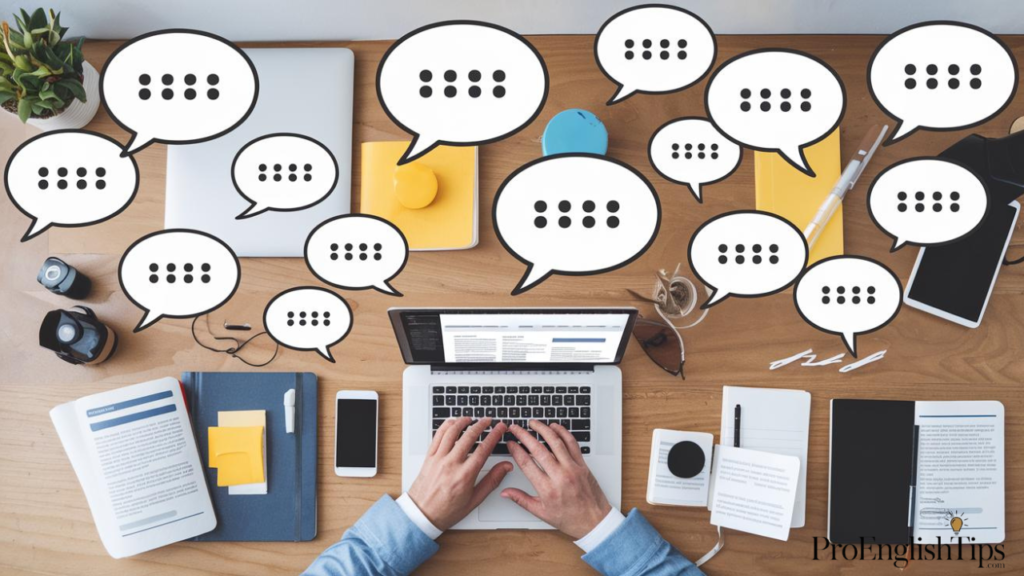
Remember, the key to effective communication lies not just in the words you choose, but in the sincerity behind them. Whichever phrase you use, ensure that it genuinely reflects your anticipation and interest in the upcoming interaction.
As you continue to refine your business communication skills, don’t be afraid to experiment with different expressions. The more comfortable you become with a variety of phrases, the more natural and personable your professional correspondence will become.
In conclusion, by expanding your repertoire of closing statements, you can elevate your formal interactions and leave a lasting impression on your professional contacts. So the next time you’re tempted to write “I look forward to speaking with you,” consider one of these creative alternatives to add a touch of freshness to your message.

Emma Carter is an experienced blogger at Pro English Tips. She loves helping people improve their English skills, especially through synonyms and creative language use. With a friendly writing style, Emma makes learning fun and easy for everyone. In her spare time, she enjoys reading and exploring new words, always looking for ways to inspire her readers on their journey to better communication.


